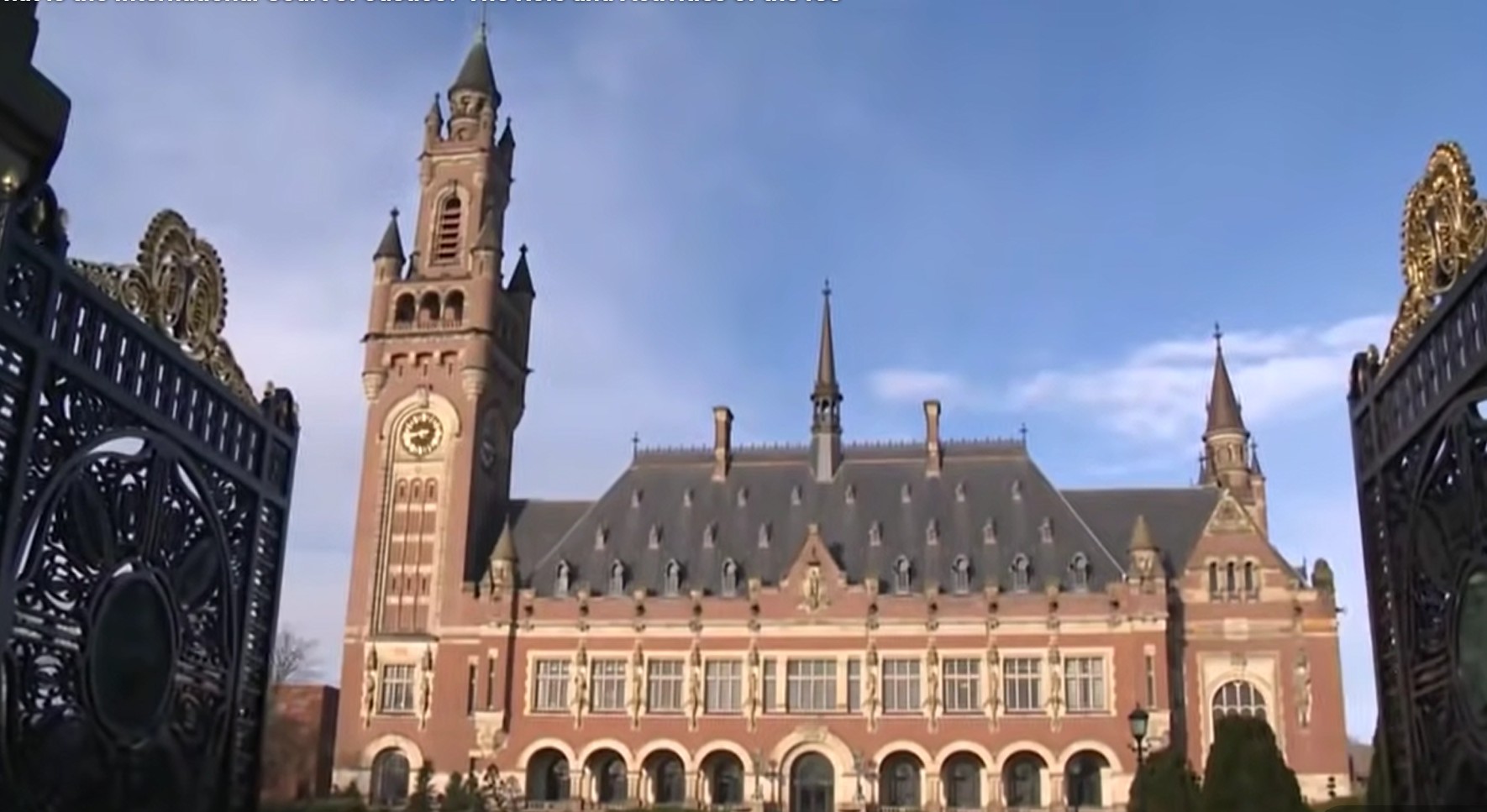Mid-2025, the International Court of Justice (ICJ) dropped a 140-page advisory opinion on nations’ and businesses’ obligations concerning climate change. All 15 judges declared it an “urgent and existential threat,” mandating that every nation slash CO₂ emissions, adapt to disasters like storms, and foot the bill for climate damages.
This opinion’s moral weight is seismic, igniting a torrent of lawsuits, fresh emissions, taxes, and skyrocketing energy and food prices.
It is saddling the West with trillions in reparations, while ignoring fossil fuels’ role in keeping life affordable — from fueling commutes to filling plates. Worse, the world’s top emitter, China (34% of CO₂ emissions), skates free. China emits more than all industrial nations combined.
This ICJ opinion began with 27 law students from Vanuatu, a Pacific speck of 350,000 souls scraping by on $4,000 per capita annually. They fumed over stalled climate aid. Wealthy nations pledged $100 billion yearly for vulnerable states; by 2024, $83 billion materialized.
Frustrated, the students rallied the ICJ for a decision, citing Vanuatu’s “sinking.” Data debunks this: 88% of Pacific atolls hold steady or are expanding, per studies. Sea levels have crept up nine inches since the 1890s, according to NOAA tidal records.
91 countries and 11 organizations, including Vanuatu’s foreign minister, testified, framing it as a “Pacific cry.” Showing their bias, ICJ mined Intergovernmental Panel on Climate Change (IPCC) summaries — politician and bureaucrat-friendly digests engineered for alarm — and skipped raw data or contrarian research.
IPCC science reveals no surge in hurricanes or floods across 85% of the world; NASA data shows wildfires dwindle by 20% and strong tornadoes wane. Lifespans lengthen, food poverty is plummets, and crop yields are up 20% or more globally.
They ignore the truth that cold kills far more than heat, and 2025 logged the fewest climate-disaster deaths ever — stellar amid 8 billion souls. Nearly every weather woe flatlines or improves. The court ignored all these facts.
The ICJ’s opinion decreed sweeping mandates:
- Prudent Action: Curb emissions to avert transboundary woes, like overseas deluges. End all investments in coal or oil ventures (para. 145).
- Remedy Wrongs: Halt CO₂, methane, and nitrous oxide emissions, vow restraint, and compensate— “climate victims” (para. 201).
- Aid the Vulnerable: Funnel cash and tech to indigent nations (para. 78).
- Universal Imperative: Climate stewardship is akin to genocide bans. Everyone must participate and any nation can sue the laggards (para. 210).
Skeptics like Bjorn Lomborg decry the disconnect. Fossil fuels provide 83% of global energy, greening crops, and regrowing France-sized forests. Two to three billion souls burn wood, dung, and crop waste for cooking and heating, inhaling carcinogens in their destitution.
The ICJ’s opinion requires at least a $200 trillion renewables pivot by 2050, which requires new turbines and solar panels every 20 years — a folly, as China and India (41% of emissions) erect 700 coal behemoths lasting 40 years.
Ripples spread fast. By September 2025, climate suits topped 2,800 worldwide, up 30% post-ruling, targeting governments and Big Oil. Asking for outrageous amounts of money, demanding a push for carbon taxes and fees jacking up prices for energy, groceries, and all else.
Glimpses abroad chill: Germany’s Energiewende chased 80% renewables by 2030, spiking rates to triple America’s average. Industries bolted to coal-reliant China (60% power) or to the U.S. Britain’s 2050 net-zero target ballooned industrial electricity costs 124% from 2019–2023, hammering homes too. California’s 2045 clean mandate doubled rates; a 2025 Spain blackout from wind/solar flops caused blackouts for 55 million.
Europe’s Green Deal swells their budgets another €100 billion annually on already threadbare treasuries.
The rub? The ICJ ignores the prosperity that fossil fuels provide humanity: powering 83% of our energy, enhancing our lives by providing fertilizers for half the world’s meals, plastics for hygiene, and gear like IVs — greening the desert fringes because more CO₂ provides better heat and drought tolerance.
Energy abundance breeds prosperity and helps the environment; the Dominican Republic’s subsidized propane preserved 46% of its forests, unlike Haiti’s wood and forest barren fuel-scavenged wastes. For 2–3 billion off-grid, more affordable energy means survival and better lives.
This $200 trillion gamble could gut the West, ceding ground to unchecked emitters and UN controls. No nation has nailed reliable wind/solar at scale — it’s unproven, expensive, extravagance. The ICJ cloaks inequity in equity’s garb, but it’s a wallet-wounding ruse.
Lawsuits, levies, and edicts will cause everything to go up in price, causing inflation and eventually shortages. For everyday people, this opinion offers only pain and no gain. It’s sabotaging what is bringing humanity prosperity: progress caused by affordable, reliable, abundant fuels that are the engines for more prosperity for more people. That should be our goal.
